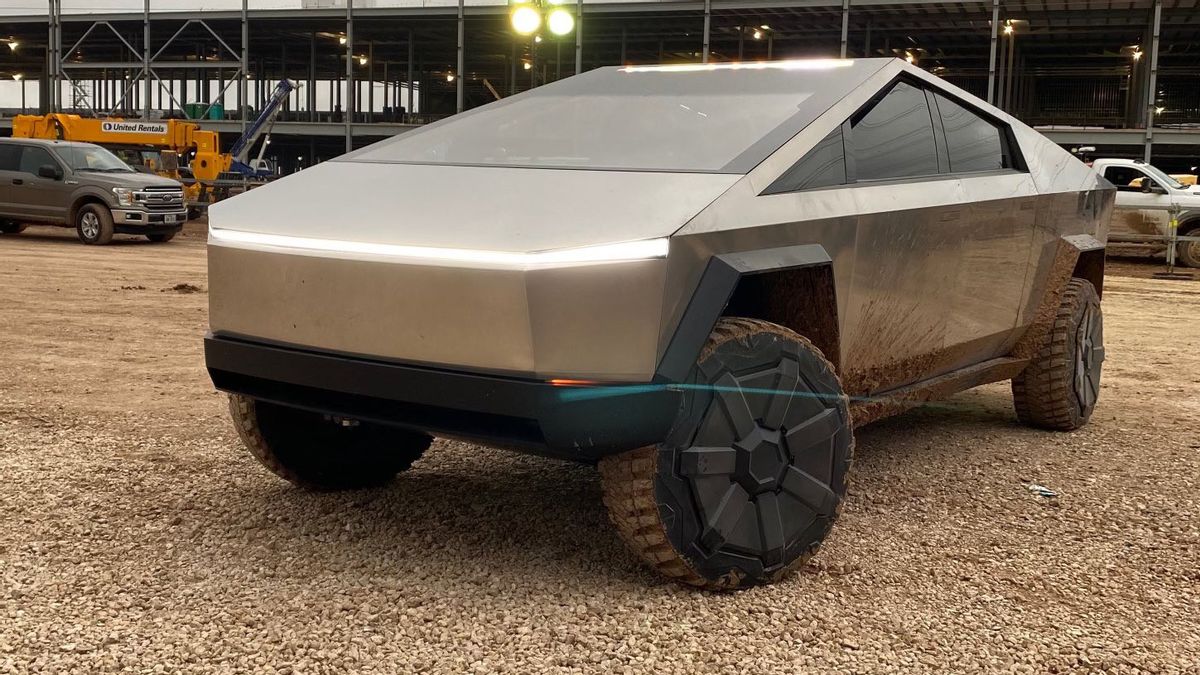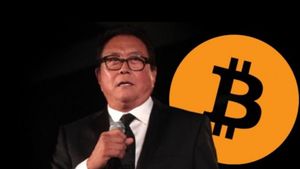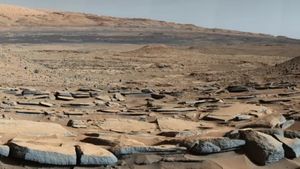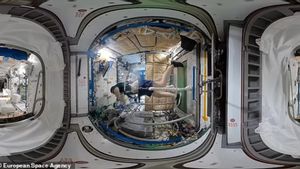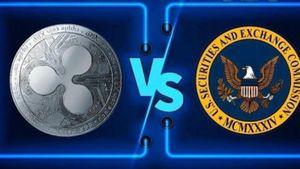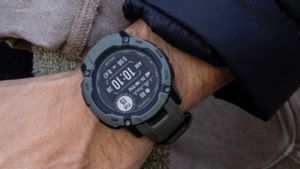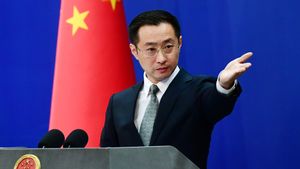JAKARTA – You could say Tesla Inc is an anomaly in the midst of a global chip supply shortage. The car company owned by Elon Musk seems to be less affected by the chip supply chain problems that hit the world.
Even experts, Wednesday, January 26 said Tesla Inc is expected to post record revenue this year. But analysts and investors are focused on how quickly Tesla can ramp up production at its two new plants this year with technological changes and battery and other supply chain constraints clouding that opinion.
Chief Executive Officer, Elon Musk, promised an updated product roadmap on Wednesday, January 26, noting the timeframe for the launch of the Cybertruck and other electric cars that are expected to cost $25.000.
"I wouldn't be surprised if Tesla had some significant manufacturing challenges to produce new vehicle structures and new batteries in high volumes," said Guidehouse Insights analyst Sam Abuelsamid, as quoted by Reuters.
Tesla has weathered the global supply chain crisis better than any other automaker, and generated a record number of vehicles and revenue that is forecast to rise 52% in the fourth quarter to $16.4 billion, according to Refinitiv data.
"The auto industry's gross margins are expected to be flat or slightly up from the previous quarter, although the inflation environment has a negative impact on component costs," said Gene Munster, Managing Partner at venture capital firm Loup Ventures.
New Factory
Analysts say Tesla's two new factories in Texas and Berlin could eventually double Tesla's production capacity, but it's unclear if Tesla has already started production there.
Musk said the new plant would use manufacturing technologies such as making the body in only two or more parts and integrating next-generation batteries into the vehicle body. This is something new in today's car assembly technology.
While the new technology will help reduce the number of vehicle parts, thereby reducing manufacturing complexity and lowering costs, it could be a "significant production risk," Musk said in 2020.
Additionally, investors are eager to hear about supply chain prospects, with automakers scrambling to meet the demand for electric vehicles.
Tesla expects the first vehicles, equipped with its own 4680 batteries, which can give cars further range and lower their costs, to be delivered to the market earlier this year, but it's unclear when the batteries could be mass-produced.
Tesla's main battery supplier, Panasonic will start producing new batteries for Tesla from early 2023 in Japan, Nikkei reported on Monday. LG Energy Solution is also targeting production by 2023 from 4680 cell batteries, Reuters reported last year.
Cybertruck
In 2019, Musk unveiled Tesla's futuristic electric pickup truck, aiming to gain a foothold in a popular and profitable segment of the US market.
Musk, who often misses the truck launch targets he has set himself. This has delayed production of the Cybertruck from late 2021 to late 2022. A source told Reuters that Tesla is aiming to start production of the much-anticipated model in the US in early 2023, saying they are making changes to the features and functionality of the original model version.
"This is the first time Tesla has released a vehicle with serious competition," said Sam Fiorani, vice president at AutoForecast Solutions, referring to Ford and Rivian, which plan to increase production in the same segment.
SEE ALSO:
Because it's been so hard to break into the US truck market - the home region of America's "Big Three" automakers, Tesla is likely to go after "weekend warriors or lifestyle shoppers" rather than traditional commercial buyers.
Musk promised in 2020 that within three years Tesla would offer a $25.000 self-driving electric car. This is the cheapest price for an electric car with this advanced technology.
Tesla's vice president, Lars Moravy, said in October that the company would not add any new vehicles while battery cells were still limited, and production of existing models would be prioritized.
"Long-term investors care about the Model 2," Munster said. With current vehicle prices, Tesla won't be able to increase volume by 50% every year.
The English, Chinese, Japanese, Arabic, and French versions are automatically generated by the AI. So there may still be inaccuracies in translating, please always see Indonesian as our main language. (system supported by DigitalSiber.id)
